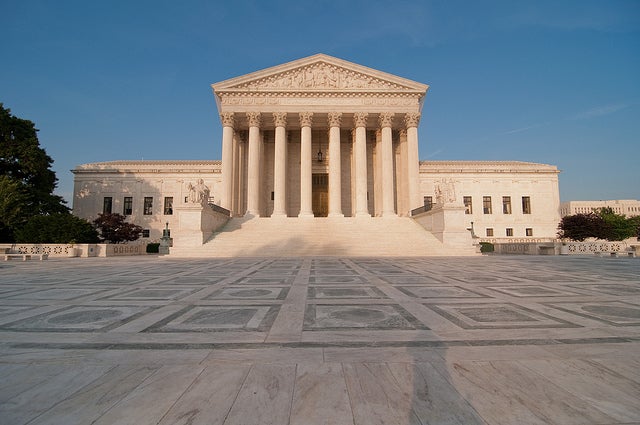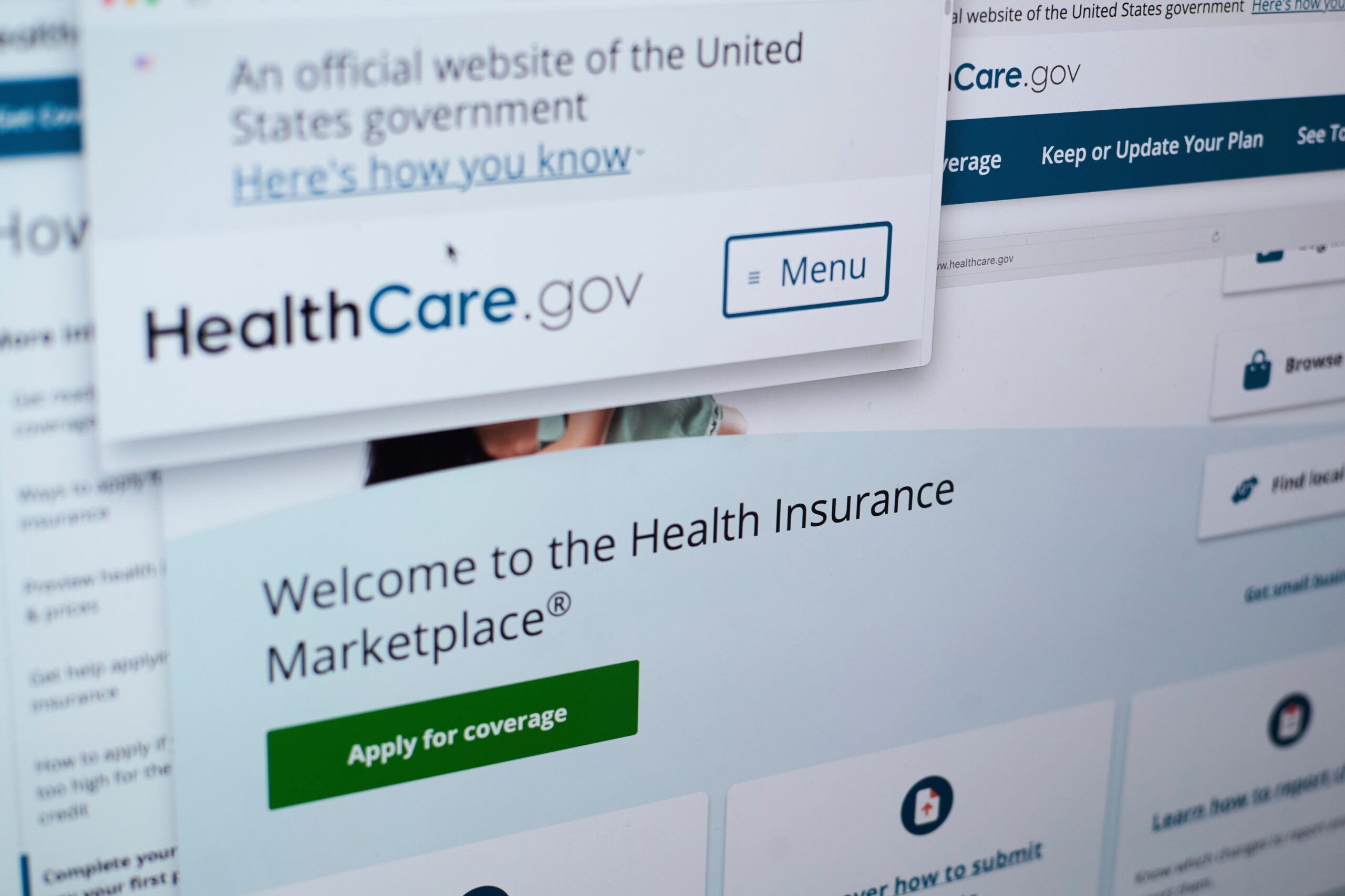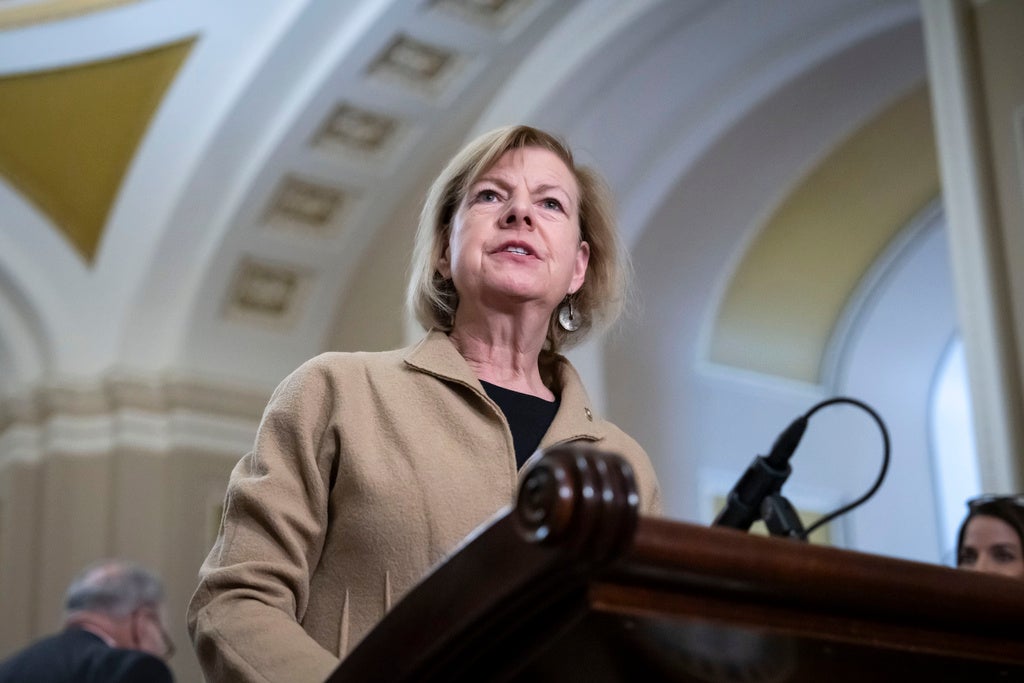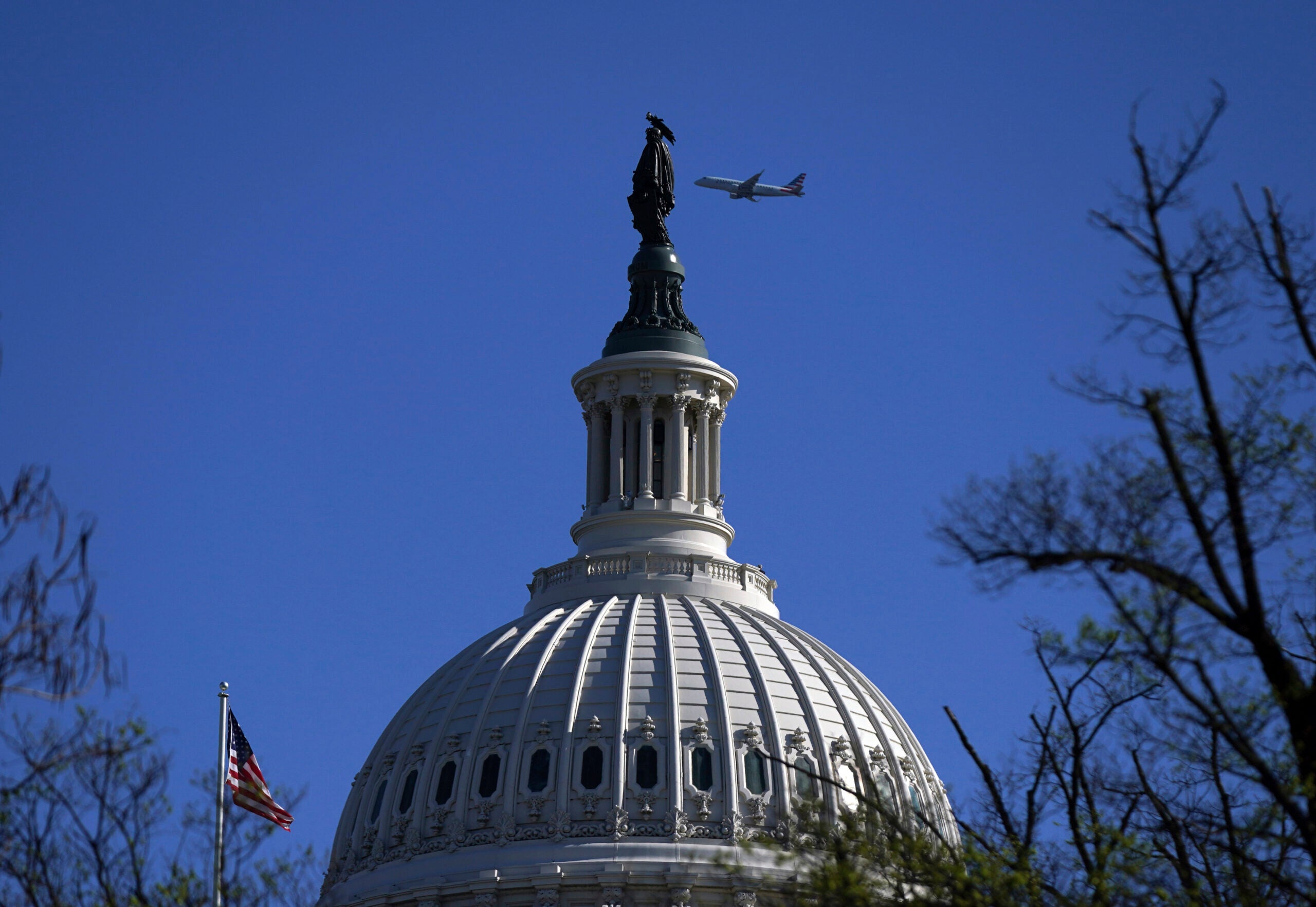A ruling by the Supreme Court upholding part of President Barack Obama’s health care overhaul means that, for now at least, the thousands of Wisconsin residents receiving health care subsidies under the law will continue to do so.
About 183,000 people in Wisconsin purchase health insurance through the online exchange. More than 9 out of 10 of them receive subsidies, averaging $315 a month. Thursday’s 6-3 decision in the case King v. Burwell means that those Wisconsin residents will continue to get that financial help paying their premiums.
Plaintiffs in the case unsuccessfully argued Congress intended tax credits only for states operating their own exchange, and not for states like Wisconsin that didn’t have their own marketplace. However, Chief Justice John Roberts wrote in the majority opinion that Congress passed the Affordable Care Act “to improve health care markets, not destroy them.”
News with a little more humanity
WPR’s “Wisconsin Today” newsletter keeps you connected to the state you love without feeling overwhelmed. No paywall. No agenda. No corporate filter.
State advocates for the nationwide tax subsidies under President Barack Obama’s health care overhaul are expressing relief over the ruling. Milwaukee’s Public Policy Institute called the decision a “victory for consumers.” Wisconsin Children and Families research director Jon Peacock said Thursday that the ruling is status quo for the law and those benefiting from the subsidies don’t have to worry about losing them.
“Our state relies more heavily than most on the federal insurance marketplace, and denying the tax credits would have really created chaos,” said Peacock.
Sara Finger, executive director of the Wisconsin Alliance for Women’s Health, said Thursday’s decision is a “tremendous victory for all of us.” She said that without the subsidies, thousands of women would no longer be able to afford to purchase health insurance.
The reaction among politicians in Wisconsin has been more divided.
Wisconsin Gov. Scott Walker said in a statement the ruling means Republicans in Congress must “redouble their efforts to repeal and replace” the law.
Walker, a longtime opponent of the Affordable Care Act who has frequently called for it to be repealed, said the law has been a failure and that “we need real leadership in Washington, and Congress needs to repeal and replace” it.
Walker had previously said that if the subsidies had been struck down, Obama and Congress would have had to come up with a solution.
Republican U.S. Sen. Ron Johnson said the Supreme Court ruling upholding federal subsidies under President Barack Obama’s health care law is “incredibly disappointing.” He said the ruling “cements a system costing millions of Americans the health plans they chose and liked and access to doctors they knew and trusted.”
Johnson also called the law unaffordable and destructive.
His opponent in an upcoming 2016 senate race, however, said the U.S. Supreme Court did the right thing. Democratic Senate candidate Russ Feingold on Thursday called the lawsuit challenging the law “partisan and unnecessary.” He said it’s time to move past the lawsuits, which he calls wasteful.
Wisconsin’s Democratic U.S. Sen. Tammy Baldwin agreed, saying she hopes the decision will put an end to repeal efforts.
Meanwhile in Madison, Democratic state lawmakers are praised the ruling, although they say more needs to be done. They’re renewing their call for Walker to accept federal money to expand Medicaid to more low-income people in Wisconsin.
Democratic Senate Minority Leader Jennifer Shilling said it’s just common sense for Wisconsin to accept the money that would pay for Medicaid for those earning up to 138 percent of poverty. Walker lowered income eligibility to those earning only up to the poverty level, but also expanded coverage to childless adults previously on a waiting list.
Jon Peacock with Wisconsin Council on Children and Families said expanding Medicaid would, “significantly reduced the number of uninsured in the state, significantly reduce the amount of uncompensated care and free up about $360 million in the next budget.”
Democratic Sen. Jon Erpenbach said Walker should accept the federal money instead of focusing on his”relentless pursuit of higher office.”
Editor’s note: This story has been updated to include additional reporting from Shamane Mills.
Wisconsin Public Radio, © Copyright 2026, Board of Regents of the University of Wisconsin System and Wisconsin Educational Communications Board.




